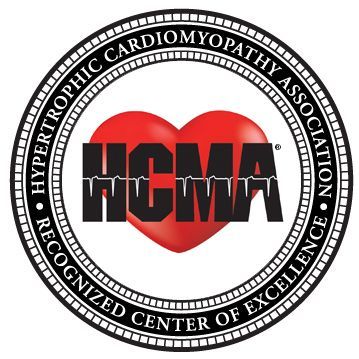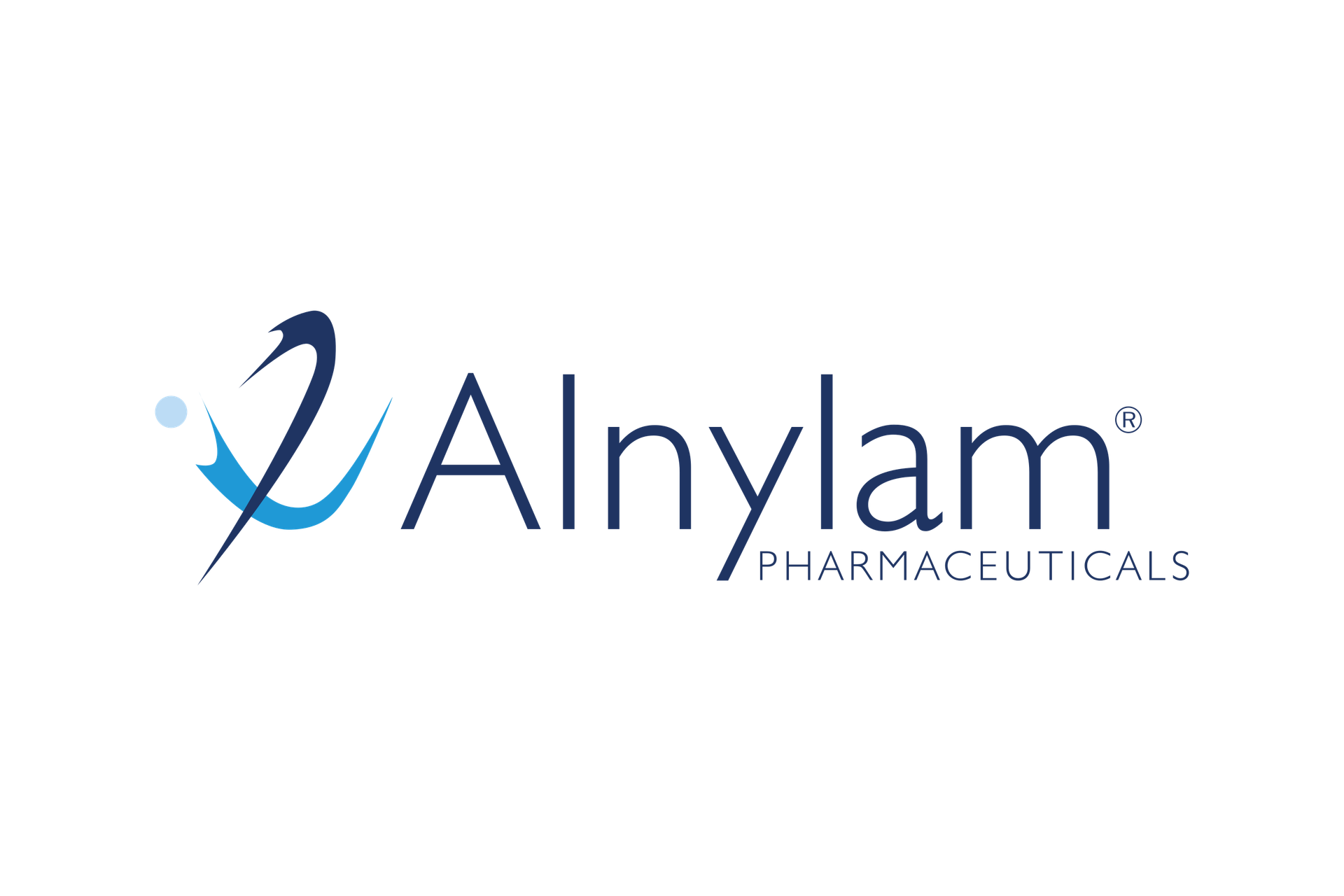New Paragraph

New Blog Posts
-
Tampa General Hospital Earns HCMA Center of Excellence Designation for Hypertrophic Cardiomyopathy Care
Tampa General Hospital (TGH) has been recognized as a Center of Excellence by the Hypertrophic Cardiomyopathy Association (HCMA), placing it among an elite group of hospitals nationwide and making it one of only four centers in Florida and the only one on the West Coast of Florida to achieve this distinction.
-
July's Topic is COE Care at the HCMA
Getting HCM care at a HCMA Recognized Center of Excellence has a positive impact on patient's outcomes. Find out why in the post by Health Educator Sabrina Cuddy.
-
Alnylam Receives European Commission Approval for AMVUTTRA® (vutrisiran) for the Treatment of ATTR Amyloidosis with Cardiomyopathy (ATTR-CM)
EC has granted approval for the treatment of ATTR-CM as an additional indication for AMVUTTRA® (vutrisiran).
-
Alnylam Announces FDA Approval of AMVUTTRA® (vutrisiran) for Adults with ATTR Amyloidosis with Cardiomyopathy (ATTR-CM)
AMVUTTRA is an RNAi therapeutic that works upstream to deliver rapid knockdown of TTR, addressing the disease at its source, with only four convenient subcutaneous doses per year. By rapidly knocking down TTR production, AMVUTTRA substantially decreases deposition of TTR fibrils, which form amyloid and cause irreversible cardiovascular damage and premature death in patients with ATTR-CM.
-
HCM in Pregnancy
Pregnancy is a stress on the body even for healthy people. When we have a serious disease, we tend to have even more questions. Health Educator Sabrina Cuddy answers some of the most common questions about HCM and Pregnancy.
-
Decisions in HCM: My Risk Estimate was Wrong!
Gordon Fox, PhD. discusses risk estimates and what it means to you if the think you were worried about doesn't happen, in this fifth post in a series about risk and decision-making with HCM.
-
June's Topic is Staying Fit With HCM
Experts agree that exercise is healthy for people with HCM. Depending on symptoms, most people with HCM can safely do at least light exercise. Learn more in this month's blog pog post by Health Educator Sabrina Cuddy.
-
Decisions in HCM: Where do Risk Estimates Come From?
In this fourth in a series, Gordon Fox, PhD. discusses risk estimates. Risk Estimates come from data on patients. The fact that the numbers are "estimates" does not mean that they are guesses or made up - it means that they are calculated from real data.
-
Cytokinetics Announces Positive Topline Results From MAPLE-HCM
Cytokinetics announced positive topline results from MAPLE-HCM (Metoprolol vs Aficamten in Patients with LVOT Obstruction on Exercise Capacity in HCM), a Phase 3 clinical trial comparing aficamten as monotherapy to the standard of care beta blocker metoprolol as monotherapy in patients with symptomatic obstructive hypertrophic cardiomyopathy (HCM).
-
Decisions in HCM: Understanding Risk
by Gordon Fox: The third in a series
In this next installment on decision-making and understanding risk in HCM, author Gordon Fox, PhD. discusses how "risk" is defined by medical professionals and what that means to a patient.
-
May's Topic is Medical Management
Medical Management means using medicines and other non-invasive therapies to relieve symptoms of hypertrophic cardiomyopathy and other thick heart diseases. Knowing what is out there and what is being studied will help you navigate your treatment with your healthcare providers.
-
Decisions in HCM: Why are they so hard?
by Gordon Fox: The second In a series
Making decisions can be hard, and this is especially true when health is involved. A key reason is that most decisions involve more than one risk.
-
US FDA Updates Camzyos Label for oHCM
U.S. Food and Drug Administration Updates CAMZYOS® (mavacamten) Label to Reduce Echocardiography Monitoring Requirements and Contraindications for Obstructive HCM
-
Camzyos® receives manufacturing and marketing approval for oHCM in Japan
Bristol-Myers Squibb Company announced today that it has received manufacturing and marketing approval from the Ministry of Health, Labour and Welfare for the selective cardiac myosin inhibitor Camzyos® Capsules (mavacamten) 1mg, 2.5mg, and 5mg for the treatment of obstructive hypertrophic cardiomyopathy (oHCM).
-
Decisions in HCM
by Victoria-Theresa Wyatt and Gordon Fox: The first in a series
This series will help you to identify, analyze and evaluate important decisions you will have to make as you navigate life with HCM.
-
April's Topic is Genetic Testing
Who should have genetic testing, and when?
Suppose you have been diagnosed with HCM through an EKG, echocardiogram, and a visit with a cardiologist. Most experts recommend that you have genetic testing to know for sure why your heart is too thick.
-
Arrhythmia is the HCMA topic for March
Some arrhythmias are harmless, while others are serious and need treatment. Health Educator Sabrina Cuddy discusses common arrhythmias in HCM, like atrial flutter/fibrillation, ventricular tachycardia/fibrillation, left or right bundle branch block, PVC, PAC, and others.
-
COVID-19 vaccine with HCM?List Item 1
HCMA Board member Gordon Fox, MD, helps us understand the the potential the risks and benefits and why the HCMA suggests gettin the COVID vaccine for patients with HCM.
-
Camzyos is SafeList Item 2
Camzyos eliminates (or greatly reduces) obstruction in a majority patients; the risk of heart failure is relatively low; and the REMS program is effective at protecting patients from severe heart failure and its consequences, says HCMA Board member Gordon Fox, MD.
The
HCMA Blog has insights and perspectives from HCM Founder and CEO, Lisa Salberg and HCMA Staff and Board Members.
For HCMA and Industry news, please visit our
News & Press Page.
Older Posts

Call to ACTION! Urge Congress to Invest in Medicaid and Medicare! No Cuts to these crucial programs!



 Translate
Translate





